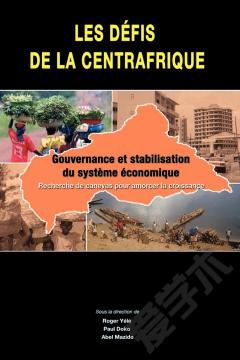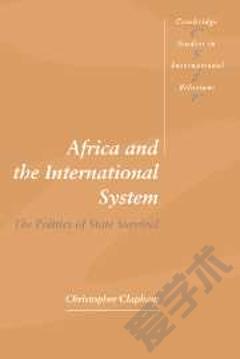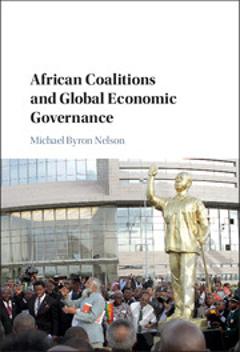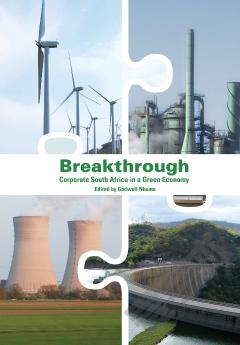Les Defis De La Centrafrique: Gouvernance Et Stabilisation Du Systeme Economique
An analysis of natural resources in the Central African Republic has shown that the country has a strong national potential and a diversified ecosystem. However, the economy has drastically deteriorated over the years owing to mismanagement. As a result, peopleis welfare has become increasingly critical, reaching now the level of what can be called eacute miseryi. While studying issues of governance and the stabilisation of the economic system, this book pays a special attention to the analysis of the structural and contextual evolution of the economy of the Central African Republic. The study is a longitudinal assessment of the acts and undertakings spanning from the colonial times through 2003. A consideration of which tool to use to reach a particular economic goal requires, first and foremost, asking the question: eIf the goal is reached, are we capable of stabilizing the system?i This book is written as a guide for political decision making and a rational basis for economic policy making, through its analysis of the possible implications of instruments of target-oriented economic policy, the possible usage of rare resources, the costs of particular decisions, the sacrifice incurred by particular choices, etc. The major concern is about what the economist can bring in to prevent blind decision making: what rules can decision makers put in place to improve living conditions in the community.
{{comment.content}}








 京公网安备 11010802027623号
京公网安备 11010802027623号